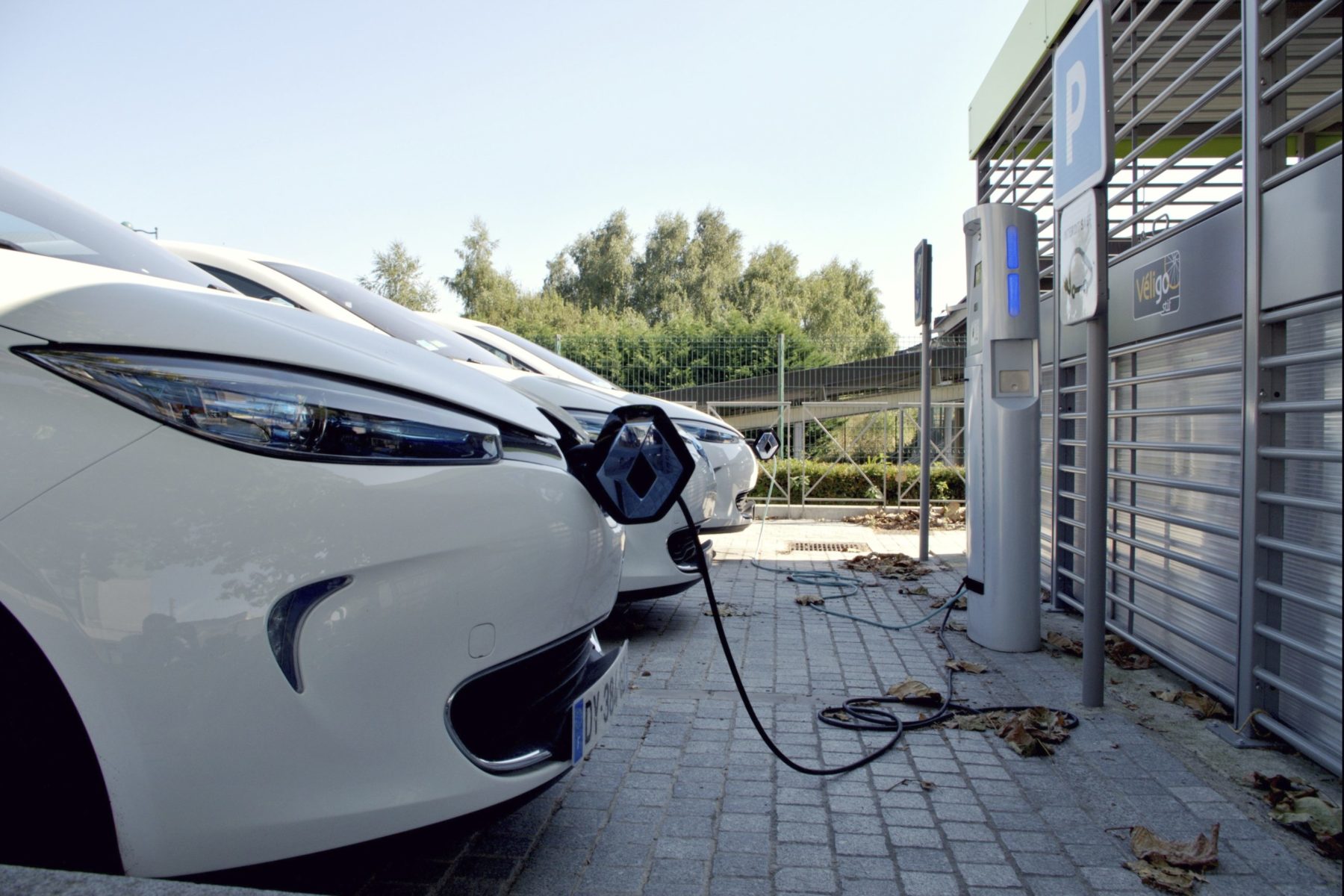
Issues of Driving Data Privacy
In today’s tech-savvy world, the issue of driving data privacy is crucial for car owners, as vehicles with advanced telematics systems can intrude upon our personal space. Recent investigations show that many automakers are not just collecting data about our driving habits, but also selling this sensitive information to third-party insurance companies via data brokers, raising significant concerns for privacy-conscious consumers.
Driving data is often collected through initiatives branded as ‘safe driving programs’; for instance, General Motors has OnStar Smart Driver, which monitors hard braking and acceleration. Sadly, many drivers sign up for these programs without realizing the potential consequences, such as increased insurance premiums tied to their driving behaviors, a concern echoed by other automakers like Kia, Mitsubishi, and Subaru that engage in similar practices under different names.
Understanding the intricacies of how data is collected and shared is crucial for consumers who are increasingly wary of these practices. When automakers partner with data brokers like LexisNexis and Verisk, the information collected goes far beyond simple metrics. It can include detailed records of every trip made in a vehicle, with timestamps, distances, and even instances of hard braking or rapid acceleration. The implications of this data sharing are profound; they can lead to significant increases in insurance costs for drivers deemed ‘high risk’—not because of accidents or reckless driving, but due to algorithmic assessments based on their driving behavior.
The general public often remains unaware of these data-sharing practices, emphasizing the demand for greater transparency in how automakers explain their data policies. Many consumers might not recognize that enrolling in a driving score program could jeopardize their privacy, as the opt-in process is frequently muddled, leading drivers to enroll without proper communication from dealerships or automakers, raising ethical dilemmas regarding consumer rights in today’s digital age.
Moreover, the trend of automakers selling driving data is expected to expand, especially as connected vehicles become the norm. By 2030, it is projected that 95% of new passenger cars will have some form of internet connectivity, further amplifying the potential for data collection. This situation underscores the necessity for consumers to be vigilant and informed about their privacy choices when purchasing a new vehicle.
With these challenges in mind, it becomes apparent that not all automakers approach consumer data privacy in the same manner. Some manufacturers are more transparent and provide clear options for consumers to opt out of data sharing practices. Recognizing these differences can help consumers make informed decisions about which vehicle to purchase. By being proactive, consumers can choose automakers that value their privacy and do not engage in selling their driving data to third parties.

Challenges of Protecting Driving Data Privacy
In light of these developments, consumers are encouraged to closely review the privacy policies of potential car manufacturers and understand their practices regarding data collection and sharing. This diligence is crucial to ensure that the vehicle you choose aligns with your values regarding privacy and data security. Additionally, it is essential to advocate for greater consumer protections and privacy legislation that can curb excessive data collection and promote transparency in automotive data practices.
Ultimately, the conversation around driving data privacy is not just about individual privacy rights, but also about the broader implications of a data-driven society where consumer habits are monitored, analyzed, and commodified without adequate oversight or consent. As consumers navigate the complexities of modern car ownership, awareness and education about data privacy will be key to protecting their rights in an increasingly connected world.
Let’s dive into the realm of automakers that prioritize your privacy over profit. In a world where data collection is the norm rather than the exception, it’s refreshing to discover companies that respect their customers’ right to privacy. These automakers stand out for their commitment to not selling driving data to insurance companies, thereby offering consumers a sense of security and control over their personal information.
The Company That Respects Privacy
Tesla has made headlines for its unconventional approach to data privacy. Known for its innovative technology and electric vehicles, Tesla does not sell driving data to third parties, including insurance companies. Founded by Elon Musk, the company emphasizes its dedication to customer privacy. Tesla’s data policies are transparent, and they aim to improve their products using aggregate data that does not compromise individual user privacy. By prioritizing customer trust, Tesla has cultivated a strong following among consumers who value their data security.
Another player in the automotive industry that respects driving data privacy is Volvo. The Swedish automaker has been a pioneer in safety and data protection since its inception. Volvo does not share personal driving data with insurance companies, allowing drivers to feel secure. The company is committed to ensuring consumers understand how their data is collected and used. This proactive approach includes clear and concise privacy statements, which outline consumers’ rights and how they can manage their data.
Ford, a staple in the American car market, has also taken significant steps toward protecting consumer data. The company has announced that it will not sell driver data to insurance companies, thereby assuring its customers that their privacy is safeguarded. Ford aims to build trust with its users by implementing robust data protection measures and ensuring transparency in its data-sharing policies. They focus on creating a positive customer experience that fosters a sense of security in data handling.

Honda is another manufacturer that champions consumer privacy rights. By not selling driving data to insurance companies, Honda stands out in a competitive landscape. The company emphasizes the importance of education for its customers, informing them about their privacy rights and how to control their data. Honda’s transparency in data practices sets an example for the industry, encouraging consumers to prioritize their privacy when selecting a vehicle.
BMW deserves attention for its commitment to luxury and data protection, as the brand explicitly claims it does not sell driving data to insurance entities. Recognizing that their clientele values privacy, BMW aims to align with these expectations by regularly updating their data protection policies, ensuring customers are well-informed of their rights regarding data usage.
Additionally, Subaru has been recognized for its consumer-centric approach to data privacy. The automaker does not engage in selling driving data to third parties, including insurance firms. Subaru’s commitment to transparency and customer education is evident in its privacy policies, which clearly outline how data is collected and used. This dedication to privacy resonates with consumers who prioritize their data rights when purchasing a vehicle.

While these automakers shine for their dedication to driving data privacy, understanding the ease or difficulty of opting out of data collection is crucial. Transparency is paramount; automakers must provide a straightforward process for those wishing to safeguard their data, yet several complicate this process, leading consumers to unintentional data-sharing situations.
General Motors and others have faced criticism for their opaque data-sharing practices. Although GM has recently decided to end programs like the OnStar Smart Driver, the lingering stigma remains, as consumers often found themselves enrolled without their explicit consent, showcasing the urgent need for clearer communication and consent strategies within the industry. Many drivers were shocked to learn that their insurance premiums were impacted by data they had unknowingly shared through these initiatives.
Kia, Mitsubishi, and Hyundai have similarly faced challenges in transparency. These brands also utilize safe driving gamification programs that collect detailed driving metrics. Despite their marketing efforts to promote safe driving, the underlying implications of data selling to insurance companies can make consumers wary. Such practices underscore the importance of choosing automakers that prioritize consumer privacy and provide a straightforward opt-out process.
It’s crucial for consumers to carefully evaluate privacy policies when considering a vehicle purchase. Understanding how data is collected, shared, and sold is essential for making informed decisions in a data-driven world. By supporting automakers that respect consumer privacy, individuals can take control of their data and safeguard their personal information.
As connected cars and advanced telematics redefine the automotive landscape, consumers must stay alert regarding their privacy rights. Leading the way for a more transparent and consumer-friendly industry are manufacturers that prioritize data protection, including Tesla, Volvo, Ford, Honda, BMW, and Subaru, who not only respect your privacy but also empower you to make informed decisions about your data. As we navigate the future of mobility, the importance of protecting our personal information from data brokers and insurance companies cannot be overstated—choose wisely and drive confidently, knowing your privacy is secure.
Related posts:
How carmakers sell driver data to insurers
Automakers Are Sharing Consumers’ Driving Behavior With Insurance Companies
Car Makers Shouldn’t Be Selling Our Driving History to Data Brokers and Insurance Companies






![[Gallery] The Dark Side of Cinema: 20 Movies Where the Villain Actually Wins](https://img1.doubanio.com/view/photo/l/public/p455485990.webp)